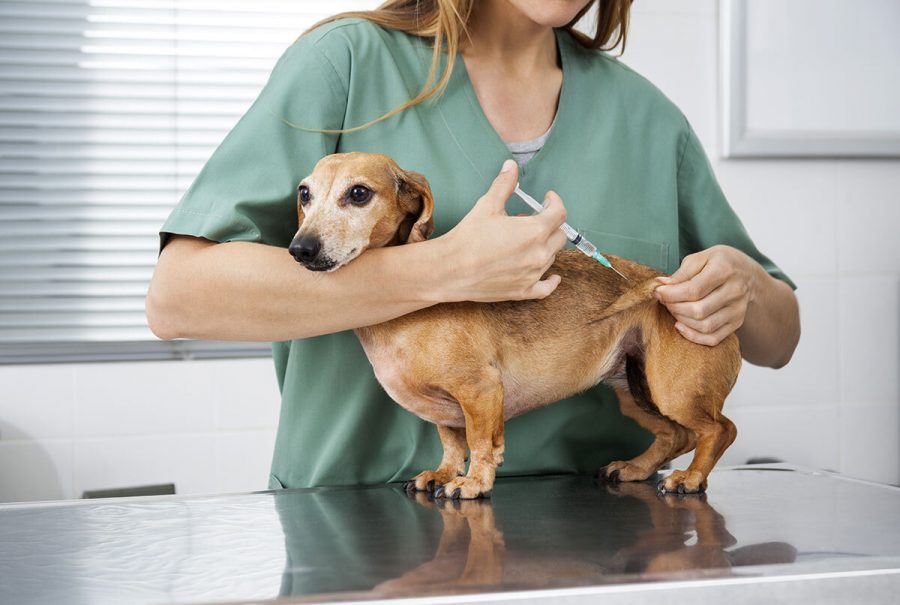Whether for people or animals, the prevention of disease and health must have highest priority. To protect their health but also ours, it is important to give dogs the best care and this means they should be vaccinated. What happens if I don’t vaccinate my dog? Here’s what you need to know.
Why it is important to vaccinate your dog
The topic of vaccinations is a point of discussion and there are many conflicting opinions. What is certain is that health must always be placed first in our list of priorities. Over the years, quality of life and science have allowed and guaranteed dogs a healthier and consequently longer life. In fact, the average lifespan has definitely lengthened, also thanks to prevention. Vaccinations prevent serious infections and bacteria that have led and lead many dogs to death. The spread of infections has drastically reduced thanks to vaccines. Each vaccinated animal contributes to avoid the spread of serious diseases. These include: distemper, parvovirus, leptospirosis, infectious hepatitis, rabies, infectious tracheobronchitis. But there are many others, including very lethal diseases. The World Association of Small Animal Veterinarians has distinguished two categories of vaccines: Core and non-core vaccines. The first are the vaccines that every dog should receive, protecting against potentially lethal pathogens that could affect both animals and humans. The second group, however, includes all those vaccines that are not compulsory but advisable.

When does the dog need to be vaccinated ?
Vaccines play a very important role, especially for puppies. In fact, puppies have no defences and contact with the outside world puts them in serious danger. This is why it is advisable to start walking the little one only after having carried out the first routine vaccines. Contact with pathogens could quickly lead to death if your dog is not vaccinated. When nursing ends, in fact, the protection of the antibodies present in their mum’s breast milk also ends and, at about 8 weeks, it is therefore advisable to start with the first vaccine.
As with humans, animal vaccines also involve the voluntary release of inactive bacteria and viruses that lead the body to produce antibodies necessary to protect against the disease. Immediately after vaccination, as with us, the dog may feel “not fit”, but do not worry. Keep it monitored for the first 24 hours. Immunity is obtained, as always, after the second or third shot (usually the shots are scheduled around the 16th week). Remember that the first vaccine only activates the immune system, the following doses are essential. A healthy dog is a happy dog!
